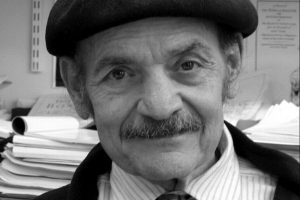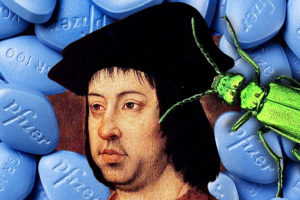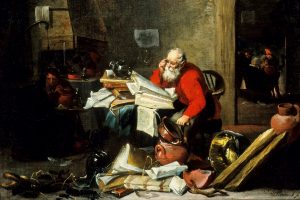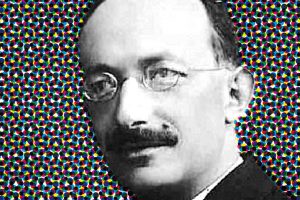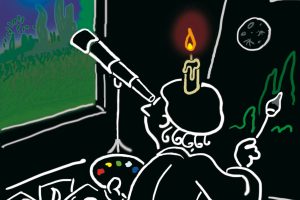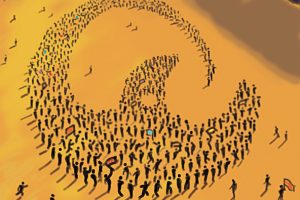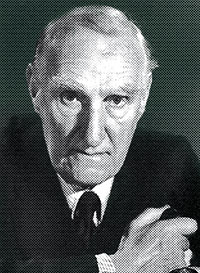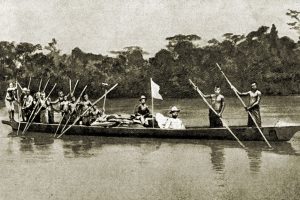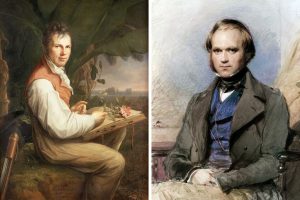Search
The concept of an RNA world is a hypothesis firmly rooted in empirical data and is part of a long and complex scientific perspective that goes back more than fifty years to the discovery of the central role RNA.
It is quite likely, to procure their own common offspring, that King Ferdinand the Catholic had invigorating potions while married to Germana de Foix.
Interview to Yuval Noah Harari, historian and author of Sapiens: A Brief History of Humankind.
Promoter of an International Epidemiology Service and World Documentation Centre for Public Health, Rajchman’s indefatigable activism for global health deserves the recognition he never received.
Lucretian inductions, Galilean evidence or Darwinian deductions were attacks against mental laziness, which is more powerful than any dogma can be. Ideological reasons do not explain human resistance to change. Basically, they tend to sloth.
Condorcet was a very remarkable man, who led the French revolutionary thought while it actually lasted, that is, while it subverted outdated ideas and the prevailing reactionary status quo.
In 1949, the Scottish scientist John Boyd Orr was awarded the Nobel Prize for Peace for his efforts to fight world hunger.
Until relatively recently, women have had problems gaining access to jobs traditionally taken by men such as medicine, professorships and research. Some women, however, like the three given as examples in this article, managed to become pioneers in the most difficult disciplines and areas requiring utmost dedication.
Humboldt and Darwin belonged to different generations and their approaches to the study of nature differed. However, they had something in common: their lives were shaken up and changed course after their respective journeys, which marked the starting point of their fruitful scientific careers.

